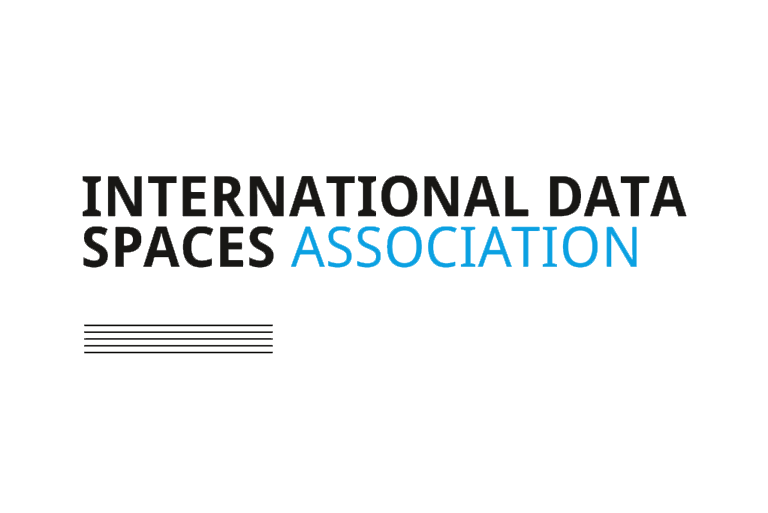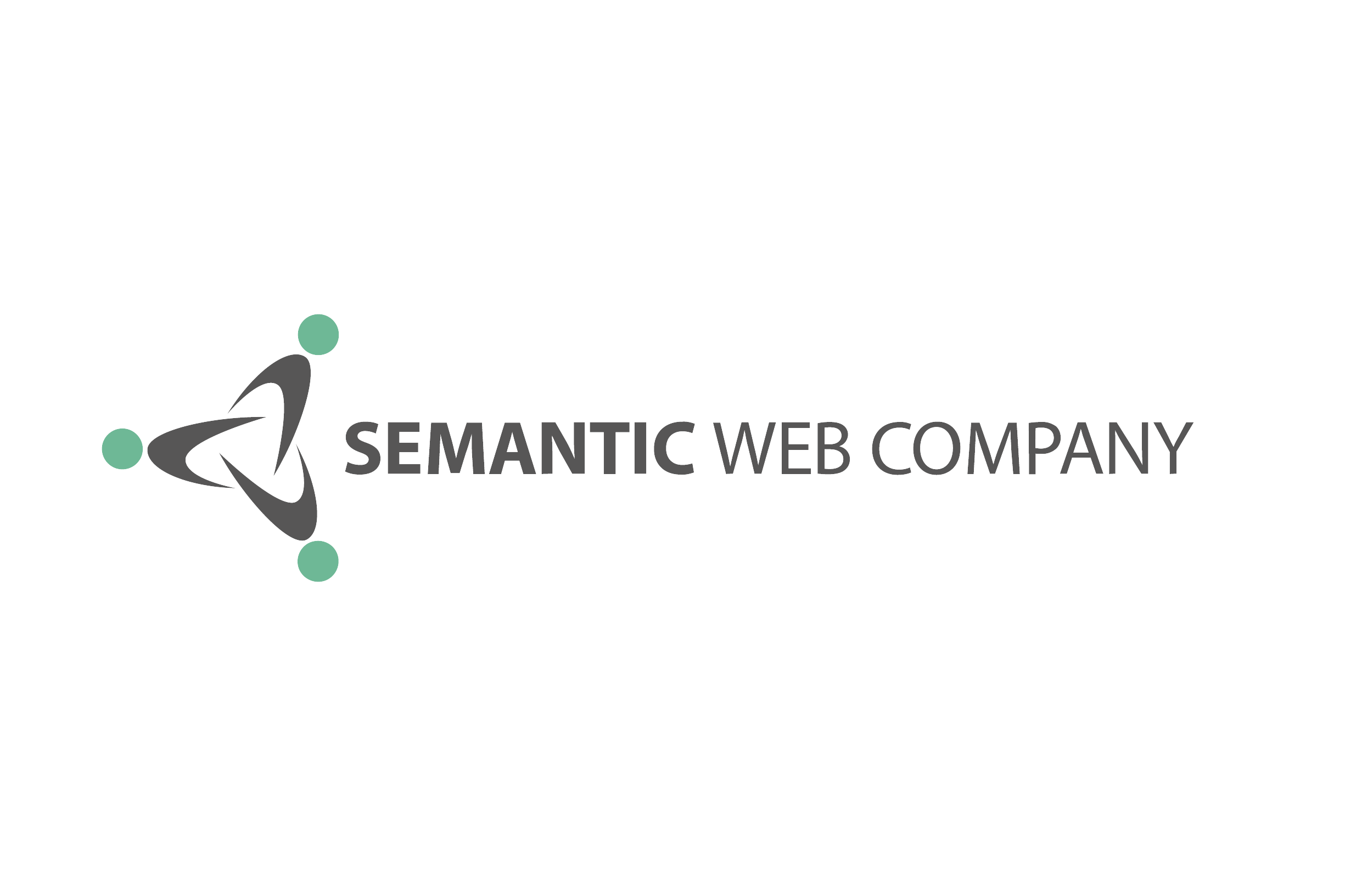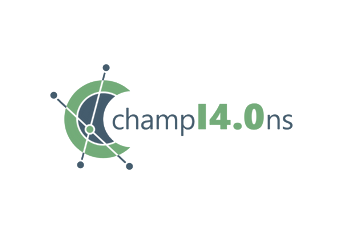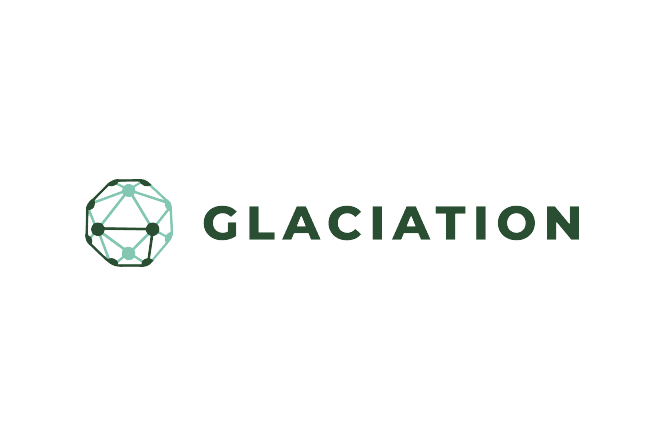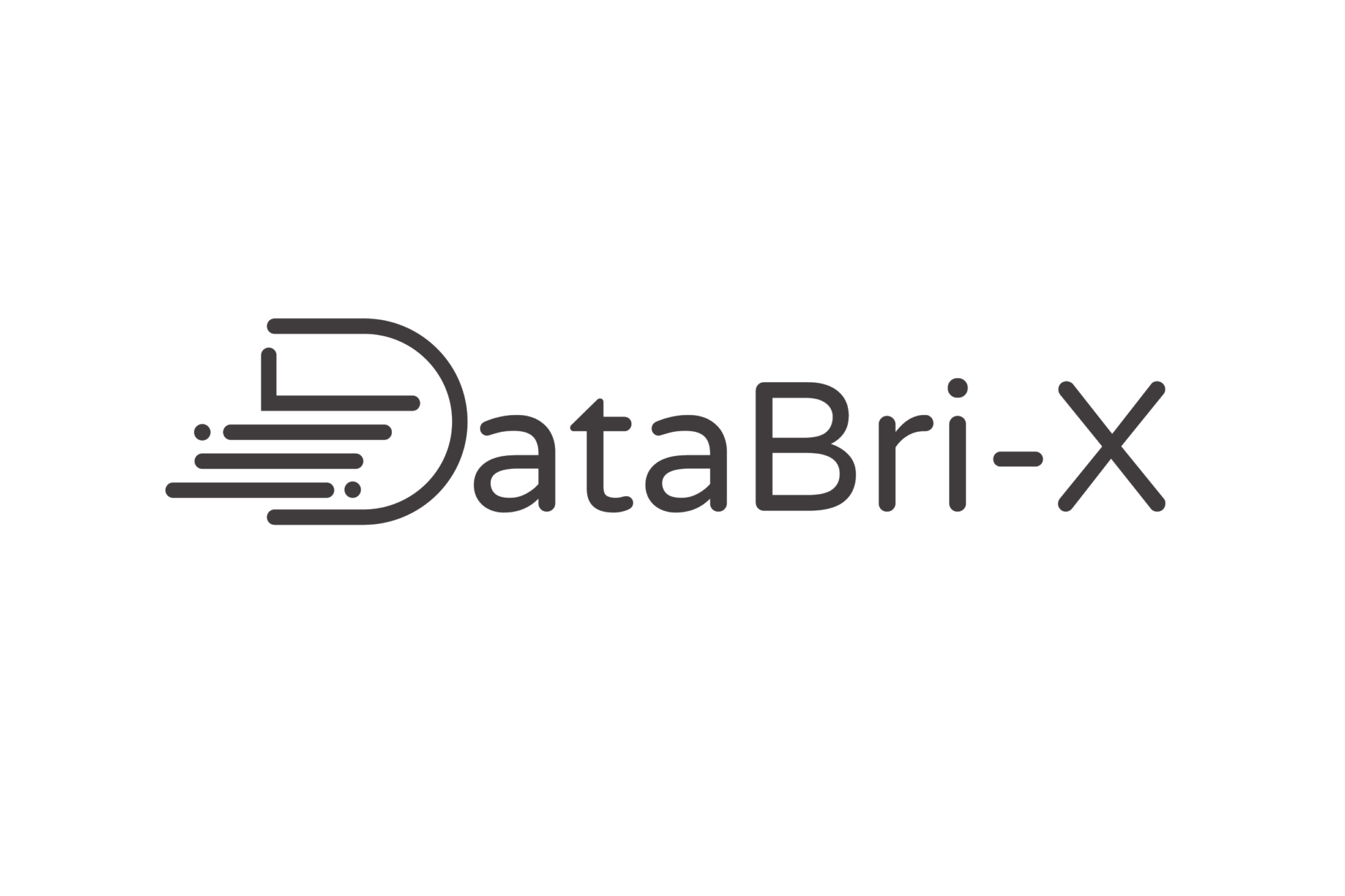Workshop
Semantic Interoperability in Data Spaces
1-Day Workshop discussion
on different approaches of semantic interoperability
concrete methods of semantic interoperability in specific domains
October 1, 2024 (09:00, CEST)
60+
CONTRIBUTORS
18
SPEAKERS
14
POSITION PAPERS
Workshop Agenda
back2back with EBDVF 2024
09:00-09:55
Morning Session
09:55-10:15
Coffee Break
10:15-12:15
Invited Lightning Talks
12:15-13:15
Lunch Break
13:15-13:30
Afternoon Session
13:30-15:30
Fish Bowl
15:30-16:00
Coffee Break
16:00-16:30
Presentation of results
16:30-17:00
Summary
Presentations
As follows all presentations of the workshop
Cascading effects analysis enabled by semantic interoperability in the Resilience Data Space
Advancing Cancer Treatment by Strategically Integrating Multimodal Data: Challenges and Opportunities
Towards Data Interoperability for the Digital Product Passport Ecosystem
Towards a Federated Data and Service Catalogue
Towards quantitative measures of interoperability
Interconnect Semantic Interoperability Framework in support of CERF for energy in data exchange and ...
Solutions for establishing Semantic Interoperability across data spaces: SEMIC approach and offering
An Evolving Data Space: A framework for unifying domain knowledge and data
AD4GD semantic interoperability approach for a Green Deal Data Space
Raising the Role of Vocabulary Hubs for Semantic Data Interoperability in Dataspaces
Agriculture Data Space for Sovereign Data Sharing and Semantic Integration
A Semantic Interoperability Toolkit for Sharing Energy Data and Models in a Manufacturing Data Space
Establishing semantic interoperability across data spaces: a solution for sharing vocabularies
Position Papers
As follows all accepted position papers
Interconnect Semantic Interoperability Framework in support of CERF for energy in data exchange and aggregation in semantic interoperable manner towards alignment with European Energy Data Spaces (81 downloads ) , Milenko Tošić, Fábio Coelho, David Rua, Barry Nouwt, Gjalt Loots and Daniel Alonso – VizLore Labs Foundation; INESC TEC & U.Minho; INESC TEC; TNO; Big Data Value Association – 2024
The paper presents a semantic interoperability approach at the heart of the first version of the Common European Reference Framework (CERF) aimed at establishing interoperability at scale as needed by the European energy system. The paper also reflects on how this approach maps onto the main objectives set for the European Data Space for Energy.
#dataspace #interoperability #energydataspace #energy #CERF #H2020 #InterConnect #energydomain #SIF #SAREF #interoperableservices #energysavingapps #europeandataspace
An Evolving Data Space: A framework for unifying domain knowledge and data (52 downloads ) , Pedro Guimaraes, Antonio C. Vieira, and Maribel Y. Santos – CCG/ZGDV and University of Minho – 2024
This paper proposes a framework that leverages evolving Knowledge Graphs (KGs) to address semantic integration challenges in Data Spaces. The framework continuously enriches a KG by integrating heterogeneous data and generating new domain knowledge through intelligent unifiers. This process results in an updated domain reference model that adapts to new knowledge and supports further semantic integrations.
#KnowledgeGraphs #SemanticIntegration
Raising the Role of Vocabulary Hubs for Semantic Data Interoperability in Dataspaces (56 downloads ) , Robert David, Petar Ivanov, Vladimir Alexiev – SWC, Ontotext – 2024
Europe is heavily investing in dataspaces for industrial data sharing, but faces semantic interoperability challenges. The Vocabulary Hub aims to enhance metadata descriptions and integrate semantic descriptions into datasets, thereby improving data querying. We provide a solution by integrating the PoolParty and GraphDB products, further developed in the Digital Europe project UNDERPIN focusing on refinery and wind farm data.
#Vocabulary #Hub #ontology #thesauri #mapping #languages #OBDA #R2RML #CSVW #harmonizedatasets
Agriculture Data Space for Sovereign Data Sharing and Semantic Integration (44 downloads ) , Roberto Garcıa and Rosa Gil – Universitat de Lleida, Spain – 2024
We present an agriculture data space that provides data sovereignty by design and postpones data integration until needed. It supports different agricultural use cases, semantic data integration and guarantees data originators remain in control because data consumers can use it but without accessing the original data or a copy of it.
#Agriculture #datasovereignty #dataintegration #semanticmapping #sovereignty #integration #mapping
Towards Data Interoperability for the Digital Product Passport Ecosystem (61 downloads ) , Iván Alfonso, Daniele Pagani, and Jordi Cabot – Luxembourg Institute of Science and Technology (LIST) – 2024
The Digital Product Passport (DPP) initiative is a European effort to boost the circular economy by enhancing product sustainability and lowering environmental impact. I will present a proposal for a common foundational schema for DPP data to ensure solution interoperability, implemented using the low-code BESSER platform to quickly generate a comprehensive software DPP infrastructure.
#DPP #interoperability #lowcode
Establishing semantic interoperability across data spaces: a solution for sharing vocabularies (43 downloads ) , Wouter van den Berg, Jelte Bootsma, Jan Pieter Wijbenga, Linda Oosterheert, Michiel Stornebrink – TNO – 2024
Sharing data across different sectors holds tremendous value. However, this comes with challenges, as each sector develops its own vocabularies and tools. These vocabularies are not accessible across different sectors, and consequently, thus not being used in other sectors. To bridge this gap, our position paper describes a standardized solution to exchange vocabularies across data sharing communities.
#dataspace #vocabularies
Towards quantitative measures of interoperability (50 downloads ) , Juan Cano-Benito, Andrea Cimmino, Raul Garcıa-Castro – Ontology Engineering Group – 2024
The increase in IoT devices has generated the need to homogenize heterogeneous data. Although standards exist to achieve interoperability, their technical implementation varies, making quantitative measurement difficult. We propose a methodology to evaluate and certify interoperability based on an agreed standard, ensuring communication between heterogeneous systems.
#IoT #homogenizedata #heterogeneousdata #standard #methodology #interoperability #Certification #Conformance #AURORAL
Cascading Effects Analysis Enabled by Semantic Interoperability in the Resilience Data Space (52 downloads ) , Federico Gutt, Martin Huschka, Alexander Stolz – Fraunhofer EMI for High-Speed Dynamics, Albert-Ludwigs-Universität Freiburg, Institut für nachhaltige technische Systeme – 2024
Crisis and their cascading effects stress the need for resilient critical infrastructure. A lack of standardized methods for handling diverse, decentralized data hinders it. This paper explores how semantic interoperability in a resilience data space allows a knowledge graph-based approach to analyze such effects, enabling data-driven crisis management.
#Semantic #Interoperability #Cascadingeffect #analysis
A Semantic Interoperability Toolkit for Sharing Energy Data and Models in a Manufacturing Data Space (71 downloads ) , Tharindu Ranathunga, Sourabh Bharti, Alan McGibney – Munster Technological University, Ireland – 2024
This paper explores achieving semantic interoperability in a manufacturing data space, focusing on sharing energy-related data and ML models to achieve energy efficiency. It introduces a toolkit to enhance the use of existing semantic ontologies during data preparation and ML model training workflows and prepares their outputs to be shared in an IDSA-based ecosystem.
#manifacturing #toolkit #energydata #dataspace
Towards a Federated Data and Service Catalogue (51 downloads ) , Johannes Theissen-Lipp, Ahmad Hemid, Christoph Lange and Christina Gillmann – Fraunhofer FIT; RWTH Aachen University – 2024
The integration and management of heterogeneous data pose challenges across various applications, requiring scalable solutions to handle large volumes of data, maintain compatibility, and ensure security, privacy, and regulatory compliance. This position paper presents a federated data and service catalogue based on the Eclipse XFSC framework. It presents enhancements such as individual application profiles, metadata service offerings, trusted management, interoperable data sharing and ecosystem integration. These contributions address the critical requirements of federated dataspaces, providing a robust, secure and scalable infrastructure for effective data integration and management across diverse applications.
#federateddata #servicecatalogue #Eclipse #XFSC #framework #metadata #trustedmanagement #ecosystem #integration
AD4GD semantic interoperability approach for a Green Deal Data Space (46 downloads ) , Raul Palma, Bogusz Janiak, Rob Atkinson, Piotr Zaborowski, Alejandro Villar, Francesca Noardo, Alba Brobia Ansoleaga, Ivette Serral, Joan Maso Pau, Lucy Bastin – PSNC; OGC; CREAF; Aston University - 2024
AD4GD project is designing and implementing a set of building blocks to support Green Deal (GD) Data Space(s) providing interoperability support for the heterogeneous and increasingly growing set of data and services in the various GD areas, including a modular semantic data model that is based on existing standards, data harmonization mechanisms and the exploitation of standard interfaces.
#dataspace #greendeal #AD4GD #buildingblocks #Semantic #Harmonization #DataExchange #APIs #dataprovenance #datatraceability
Advancing Cancer Treatment by Strategically Integrating Multimodal Data: Challenges and Opportunities (68 downloads ) , Haridimos Kondylakis, Angelina Kouroubali, Dimitrios G. Katehakis – Department of Computer Science, UOC; FORTH-ICS; HDHC - 2024
Strategically integrating multimodal data holds the potential for advancing cancer treatment. However, it poses significant challenges, particularly in interoperability, governance, and regulations. Exploiting shared, controlled vocabularies, clear semantic relationships, and addressing also governance and regulation problems, can lead to more effective and personalized cancer treatments.
#cancer #treatment #multimodaldata
BDVA’s position paper “Data Sharing Spaces and Interoperability” (50 downloads ) , Antonio Kung, Ray Walshe and Rigo Wenning – Trialog; DCU; ERCIM – 2024
At the Workshop on Semantic Interoperability in Data Spaces, Rigo Wenning, one of the main editors, will present the BDVA Position Paper on Data Sharing Spaces and Interoperability. The presentation will focus the reasons why semantic interoperability is a key concern in data spaces. It will then explore ways to create interoperable knowledge on data and how that will support the data economy.
#dataspace #datasharing #metadata #governance #semantic #interoperability
IDSA’s position paper “Semantic Interoperability” (55 downloads ) , Sebastian Steinbuß – International Data Spaces Association (IDSA) – 2024
Unlock the potential of your data in a data space by understanding its full context! Semantic interoperability is the cornerstone of efficient data sharing and a thriving data economy. Dive into our latest paper to explore the essential frameworks needed both during design and at runtime.
#dataspace #ram4
October 1, 2024 (09:00, CEST)
WORKSHOP IN BUDAPEST
Danubius Hotel Arena – Hungary, Budapest Ifjúság útja 1-3. 1148
www.danubiushotels.com


